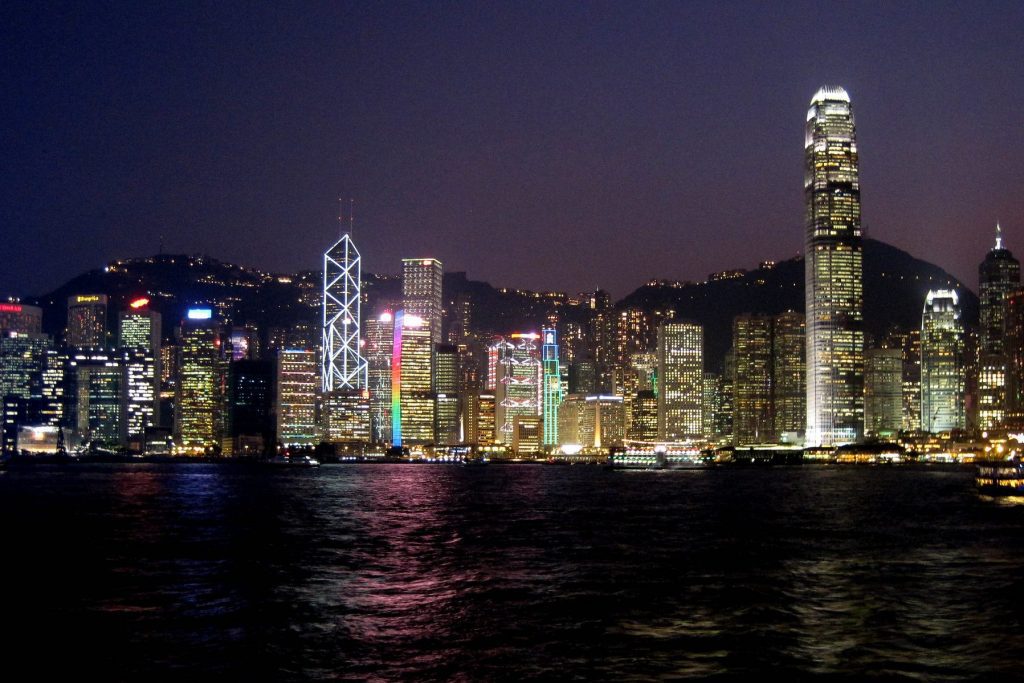Abandoned Hong Kong Hotels Go Into Survival Mode as Virus Fallout Spreads

Skift Take
As hotel occupancy plunges to a single digit, Hong Kong’s leadership toward one of its most important industries is being put to the test during the coronavirus crisis. So is the leadership of hotel CEOs in keeping their companies whole.
Hong Kong hotels these days are feeling forsaken not just by guests but government, which excluded them from a $4 billion (HK$30 billion) coronavirus relief package announced last week. Comparisons with Singapore add salt to the wound, with the Lion City seen as more empathetic towards hotels’ plight and more forward thinking.
The Federation of Hong Kong Hotel Owners, the Hong Kong Hotels Association, and independent hotel companies such as Ovolo Group have all lobbied for meaningful government aid that would help them survive and are waiting with bated breath if this will be forthcoming in Hong Kong’s annual budget scheduled this week.
>> Get the Latest on Coronavirus and the Travel Industry on Skift's Liveblog
Hong Kong hotels last week were dismayed at being excluded from the $4 billion relief funding, about half of which would go to one-off cash injections to retailers, food and beverage providers, transport firms, students, the arts and culture sector, guesthouses and travel agents — no mention of hotels. The rest is largely for fighting the virus itself.
In contrast, Singapore unleashed a relief funding of $3 billion (S$4 billion) to support businesses and jobs, plus additional measures including a property tax rebate of up to 30 percent, corporate income tax rebates, and an 8 percent offset of wages for every local employed for three months from August 1. For a labor intensive and high operating cost industry, those are meaningful initiatives that Hong Kong hotels also want.
“We’re not necessarily looking for [cash] handouts. Can we look at waivers of rates and rents for a year? Income tax holidays?,” Tim Alpe, chief operating officer of Ovolo Group, told Skift.
“Can we subsidize energy and other costs that are regulated by government? These are all significant operating expenses for us.”
In his open letter to the government last week, Alpe asked, “Why have the city’s hotels been forsaken in the recent relief measures?” The industry is at the heart of Hong Kong tourism, which contributes to more than 4 percent to gross domestic product. Hotels’ biggest contribution is jobs, aside from huge revenues to government coffers from taxes and such, he told Skift.
Yet “we have been left to fend for ourselves,” when “the situation is beyond fight for market share, it’s now about survival.”
Hong Kong is now getting 3,000 visitors a day, from 90,000 overnight visitors daily in February last year
